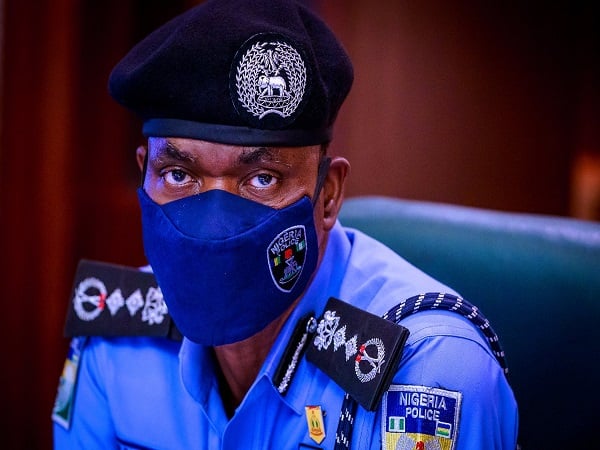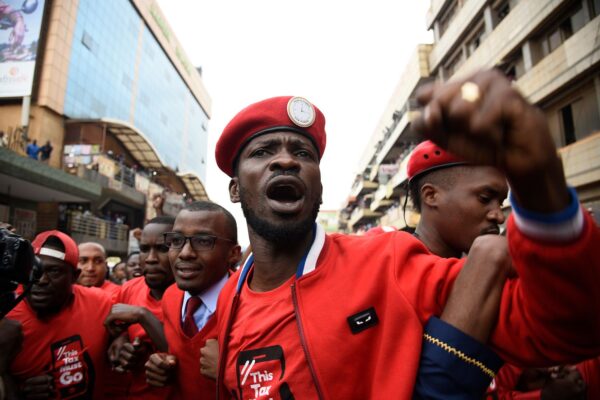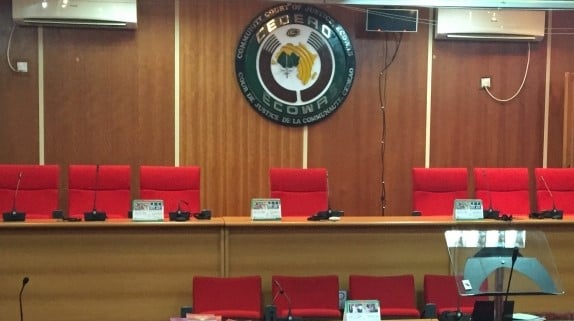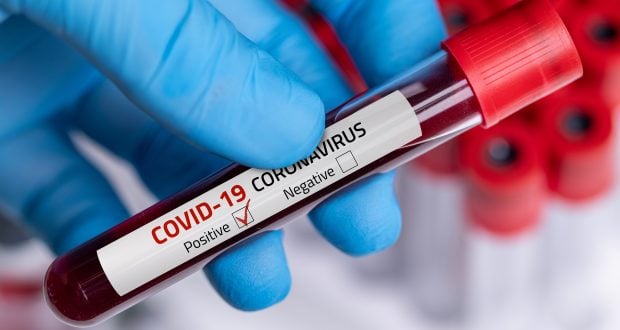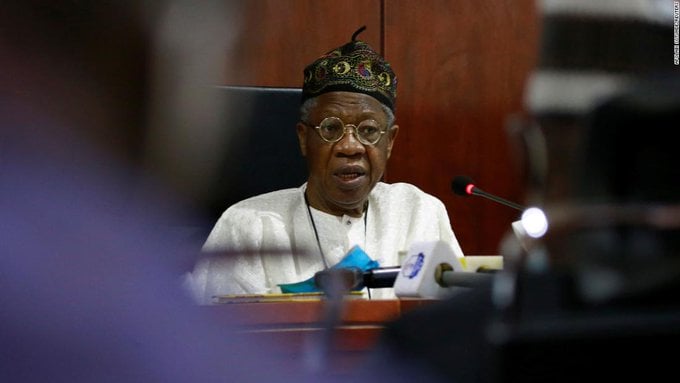If Mohammed Abubakar Adamu leaves as Inspector-General of Police by the end of January 2021, how would the people remember his two-year tenure? The answer that would jump to most minds could be the #EndSARS protest. Yet it is the type of narrative that he would not want to be associated with his stay his tenure.
The police claim they are misunderstood. Adamu’s tenure is wrapped in that understanding that that denies the police a chance to explain their unique challenges that straddle serving the public mainly at the instance of those who dictate what they consider national interest. The police cannot please anyone even if they try.
Adamu assumed headship of the police a month to the 2019 general elections. He considered it a feat that the police pulled off the elections with minimal crisis. When people are displeased with the results of the elections, the police get generous blames for what happened. These perceptions count.
Nothing tested his tenure as much as the October 2020 nationwide protest where the public demanded that the Special Anti-Robbery Squad be scrapped because of the excesses of the members. The IGP was managing the issue professionally, holding meetings with different groups on the matter, setting up the Special Weapons and Tactics Team, SWAT, in place of SARS.
Advertisement
What the people remember is not the patience of the police before hoodlums infiltrated the protest and it turned violent. Police officers were injured, killed, police stations were burnt, vandalised, arms and ammunition were carted away. How well the protest had been managed was forgotten.
The overwhelming matter was the shooting at the Lekki Tollgate Plaza. While the police were not blamed for it, the shocks, revisions, and delays in decisions that had been made on reforming the police stick to the mind to date. The dark hours of Lekki have spread to months and would possibly get mentions in future discourses about the police.
Agitations for the police “we want” require time, investments, and legal frameworks well beyond the powers of the police authorities or of Adamu who in his two years was confronted with rising crime rates, especially the violent ones – armed robbery, kidnapping, and rape.
Advertisement
Adamu, an Assistant Inspector General of Police, was announced as IGP from the National Institute for Policy and Strategic Studies, NIPSS, Jos, where he was a Directing Staff, to succeed IGP Ibrahim Kpotum Idris on 15 January 2019.
He can count changes he brought to the police to include community policing by implementing community policing strategy in all States and the institution of special constabulary to fight crime at the local level. The zonal command structure of the police was increased from 12 to 17, in addition to a new directorate that was created out of the FCID under a Deputy Inspector General of Police, and new squadrons established to provide additional firepower for State Commands.
To improve the technology of the force, the IGP provided about 139 Hilux patrol vehicles, including 46 police smart surveillance (CCTV camera-on the move vehicles), 11 tactical operations vehicles fitted with surveillance equipment, nine Armored Personnel Carriers, five Personnel Carriers, seven Anti-Riot Water Cannon Trucks, sophisticated crime prevention tools and communication equipment were deployed around the country.
Adamu built the Nigeria Police Data Command and Control Centre, which President Muhammadu Buhari commissioned in 2019, the Nigeria Police Crime and Incident and Database Centre, Digital Item Registry and Lost and Found Database to improve crime detection and prevention.
Advertisement
He ensured the Police Trust Fund Bill was passed into law by the National Assembly after 15 years of marking time at the National Assembly. He also resurrected the Police Bill at the National Assembly. The President signed it into law in September 2020.
The activity log of the police in 2020 included arrest and investigation of 21,296 suspects for homicide, armed robbery, kidnapping, cultism and unlawful possession of firearms, recovery of 3,347 firearms, mostly AK 47 and AK 49; 133, 496 rounds of live ammunition, 960 stolen vehicles, while 1,002 victims of kidnapping were rescued in 2020.
Zamfara, Katsina, Birnin-Gwari parts of Kaduna State, some part of Niger had major challenges apart from the insurgency in the North East. Adamu’s strategy was the zonal security summit that sought solutions around the issues that affected the zones. It started from North West. “We had it in Ibadan for South West, Asaba, for South South, Lafia, for North Central, and Enugu for South East, and Borno for North East. Each geo-political zone identified their security problems and challenges and we collectively agreed on how to deal with those challenges,” Adamu told Crime Fighter in an interview.
The push for community policing was an outcome of the summit. “We are saying that policing should be the responsibility of everybody, policing should return back to the community, initiative should come up from the community. Identification of the problem should come up from the community and solutions that would be proffered to deal with those problems should also come from the community while the police and other security agencies would only partner with the community to assist in solving those problems. If that is done, we believe that crime and criminality will be very, very low in this country,” he said.
Advertisement
“Our objective is to see that Nigerians with their eyes closed. We want to see to it that banditry is gone, kidnapping is gone, cultism is gone, armed robbery is gone, in all those areas that are mentioned each we have strategies on how to work with the community to stop them.”
About 16,618 have enjoyed promotion in the IGP Adamu’s administration based on merit and seniority. The 16,618 elevations comprise of the promotion of 12,913 Inspectors to the rank Assistant Superintendent of Police, 1,581; 1,488 ASP were promoted to the next rank of DSP. 647 Superintendent of Police were moved to rank Chief of Superintendent of Police and 253 CSP to Assistant Commissioner of Police. Also 174 ACP were promoted to the rank of Deputy Commissioner of Police and 82 Deputy Commissioner of Police were elevated to the rank of Commissioner of Police while 39 CPs were promoted to the rank of Assistant Inspector General of Police, 15 AIG were elevated to the DIG rank. In December 2020, IGP Adamu promoted 4,134 traffic wardens to their next rank and 82, 779 junior rank and file officers.
Advertisement
Four AIGs and One CP were promoted to DIGs, 13 CPs were promoted to AIGs, 23 DCPs were promoted to CPs, 29 ACPs were promoted to DCPs
Adamu holds a first degree in Geography from Ahmadu Bello University, Zaria and a Master’s degree in International Criminal Justice System from the University of Portsmouth, United Kingdom. After his National Youth Service Corps, NYSC, he was a teacher a Vice Principal before enlisting into the Nigeria Police Force as a Cadet Assistant Superintendent of Police in 1986.
Advertisement
He is an alumnus of NIPSS.
As a DSP, Adamu was selected as the best officer to represent the Nigeria Police Force at the Interpol General Secretariat, Lyon France in 1997. He distinguished himself through sheer hard work and attention to details as a specialised operative at Interpol’s Economic and Financial Crimes Department. His professionalism and investigative competence led to his appointment as a Director in Interpol’s Sub-Directorate in which capacity he served for five years.
Advertisement
He led several criminal investigations across Africa, Americas, Asia, and Europe while at Interpol. Adamu was elevated to the rank of Assistant Inspector General of Police in 2016 and moved to Benin City, Zone Five, comprising Edo, Delta and Bayelsa States.
Adamu’s departure leaves the direction of police reforms unresolved.
Views expressed by contributors are strictly personal and not of TheCable.
Add a comment

